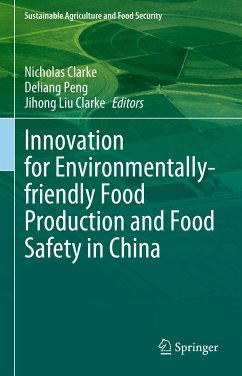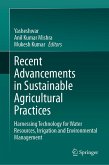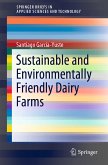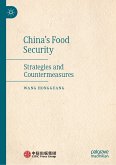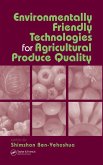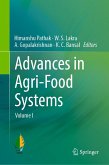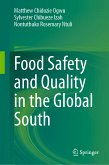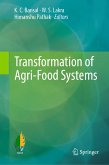China is a large and diverse country, and what happens there has a global impact. In the past decades, China has achieved remarkable increases in food production, feeding nearly 20% of the world population with less than 10% of the arable land. This great achievement was mainly based on the intensive use of chemical inputs like fertilizers and pesticides, which in turn caused environmental pollution and food safety issues. China has fully realized this important issue and has adopted a "Zero Growth" policy to restrict the further increase in chemical fertilizers after 2020. Chinese scientists have developed regional optimum crop management practices and guidelines to increase crop yield and nutrient use efficiencies compared with current farming practices. Chinese agricultural soil is also currently in critical condition with severe environmental pollution. These agricultural practices need improvement to maintain sustainable food production with minimum environmental footprint. At present, the traditional mode of agricultural production in China is difficult to sustain. This book offers case studies and sustainable solutions for transforming agricultural sciences in China.
The book is a useful reading material for stakeholders such as governments, policymakers, research institutions, and farmers.
Dieser Download kann aus rechtlichen Gründen nur mit Rechnungsadresse in A, B, BG, CY, CZ, D, DK, EW, E, FIN, F, GR, HR, H, IRL, I, LT, L, LR, M, NL, PL, P, R, S, SLO, SK ausgeliefert werden.

